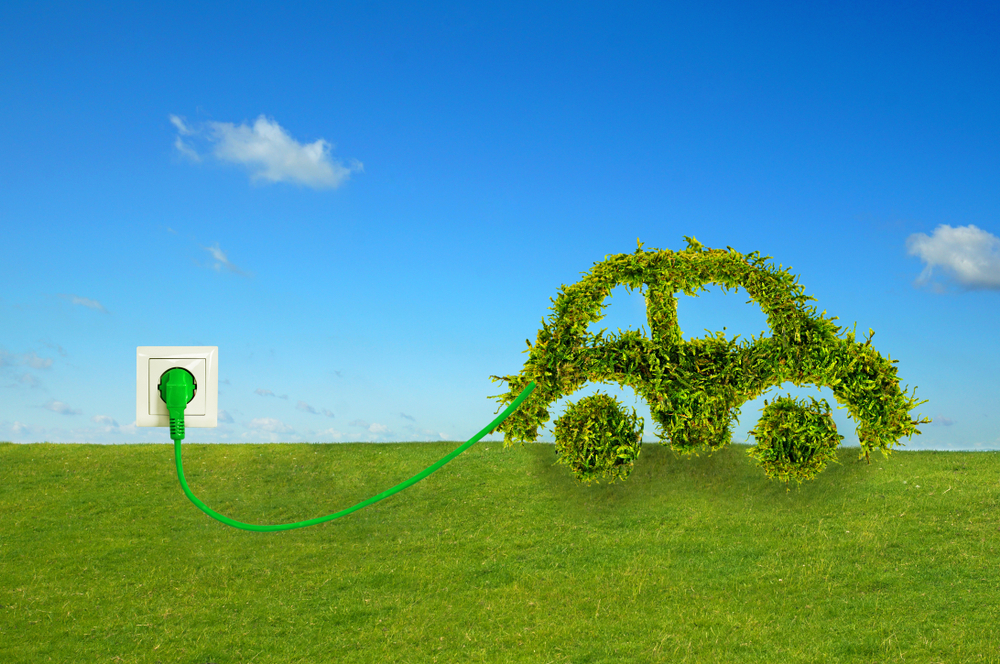Imagine a world where powering our devices not only meets our energy needs but also treads lightly on Mother Earth. The quest for sustainable energy solutions has never been more pressing, with the global demand for eco-friendly batteries reaching new heights. In this era of conscientious consumption, businesses in the Telecom and Mobility sectors are increasingly turning to eco-green batteries to meet their power requirements. So, what makes these batteries the superheroes of the energy world, and how do they stack up in the dynamic Indian market? Let’s take a closer look.
Comparison of Eco Batteries in India
Eco-green batteries come in various types, each offering unique features to cater to diverse industry needs. Lithium-ion battery packs have emerged as front-runners in the Telecom and Mobility sectors, where reliability and efficiency are paramount. These batteries boast a longer life cycle, faster charging times & higher energy density than traditional alternatives.
Comparative Analysis of Eco-Green Batteries
| Battery Type | Lifespan | Charging Time | Environmental Impact | Cost Efficiency |
| Lithium Iron Phosphate | Long | Fast | Lower | High |
| Nickel-Metal Hydride | Moderate | Moderate | Moderate | Moderate |
Types of Eco-Green Batteries
Lithium Iron Phosphate (LiFePO4): Known for their enhanced safety features, LiFePO4 batteries are gaining traction in Energy Storage Systems (ESS), Telecom and Mobility applications. These batteries offer a longer lifespan and can withstand more charge-discharge cycles, making them ideal for sustained usage in various devices. Additionally, LiFePO4 batteries are inherently safer, reducing the risk of thermal runaway, a crucial consideration for applications in densely populated areas.
Nickel-Metal Hydride (NiMH): Despite not being as widely used as lithium-ion batteries, NiMH batteries still have their place, particularly in specific applications. They are renowned for being cost-effective and having a relatively lower environmental impact, which makes them a popular choice for budget-conscious businesses. Additionally, NiMH batteries perform better in extreme temperatures, making them suitable for a wide range of operating conditions.
Pricing Trends in the Market for Eco-Friendly Batteries
While the initial cost of eco-green batteries may raise an eyebrow, a closer look reveals a more sustainable long-term investment. As businesses increasingly prioritise environmental responsibility, the demand for these batteries has risen, leading to economies of scale. The overall pricing trend shows a gradual decrease, making eco-friendly batteries a viable and cost-efficient choice over time.
Return on Investment (ROI): Eco-green batteries, particularly lithium-ion packs, offer a compelling ROI. The longer lifespan, coupled with lower maintenance costs and energy efficiency, contributes to a favourable financial equation over the operational life of these batteries. Businesses investing in eco-friendly batteries are not just making an environmental statement but also a savvy financial decision.
Government Initiatives: The Indian government’s push towards a cleaner and greener future includes incentives and subsidies for businesses adopting eco-friendly energy solutions. This favourable policy environment further sweetens the deal for enterprises looking to switch to eco-green batteries, creating a win-win situation for the business and the environment.
Insights into Lithium-Ion Battery Packs
Lithium-ion battery packs have become the darlings of the energy storage world, finding applications in smartphones, electric vehicles, and telecom towers. Let’s break down their efficiency and sustainability factors:
Energy Density: Lithium-ion battery packs have a higher energy density, which implies they can store more energy in a smaller space. This characteristic benefits the ESS and telecom sector, where space efficiency is crucial for infrastructure deployment. The ability to pack more power into a smaller area optimises space and reduces the need for frequent replacements, making it more cost-effective overall.
Fast Charging: With the ability to recharge rapidly, lithium-ion battery packs ensure minimal downtime for devices and equipment. In a world that operates at the speed of information, this characteristic is a boon for businesses looking to maintain seamless operations. Fast charging improves operational efficiency and aligns with the demands of industries where every minute counts, such as emergency services and transportation.
Environmental Impact: While the production & disposal of lithium-ion batteries have environmental consequences, their long lifespan and recyclability contribute to a lower overall impact than traditional alternatives. Moreover, ongoing research & development in battery technology aims to reduce the environmental footprint of lithium-ion batteries further, making them an increasingly sustainable choice for businesses committed to green practices.
Conclusion
As the world ushers in a new era of sustainable energy solutions, businesses in the Telecom and Mobility sectors are steering towards a greener horizon with eco green batteries. Lithium-ion battery packs have emerged as the vanguards in this dynamic landscape, embodying reliability, efficiency, and a commitment to eco-friendliness. The comparative analysis reveals the prowess of these batteries, but what about real-world solutions that embody this green ethos?
Enter Ecomile, a next-generation mobility solution provider that seamlessly integrates the definition of eco-friendly energy solutions. With a generous factory capacity and cutting-edge technology, Ecomile places safe and reliable batteries at the forefront of the green revolution. Lithium-ion batteries from Ecomile merge efficacy and durability according to consumer needs and bear witness to a heart invested in creating environmentally friendly products.
Step into a greener world with Ecomile, where energy is reimagined! As businesses in the Telecom and Mobility sectors look to power their future responsibly, Ecomile stands as a beacon of innovation and commitment to sustainable practices. The ESS, Telecom and Mobility sectors are not just consumers but partners in creating a future where power is a force for good. Let’s continue to power up the future, one eco-friendly battery at a time, with Ecomile leading the charge into a cleaner and brighter tomorrow.

